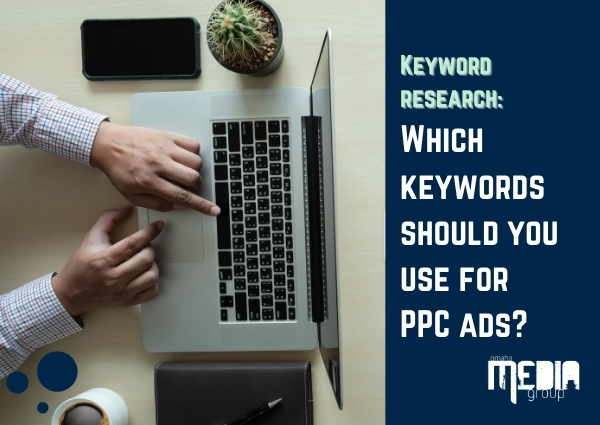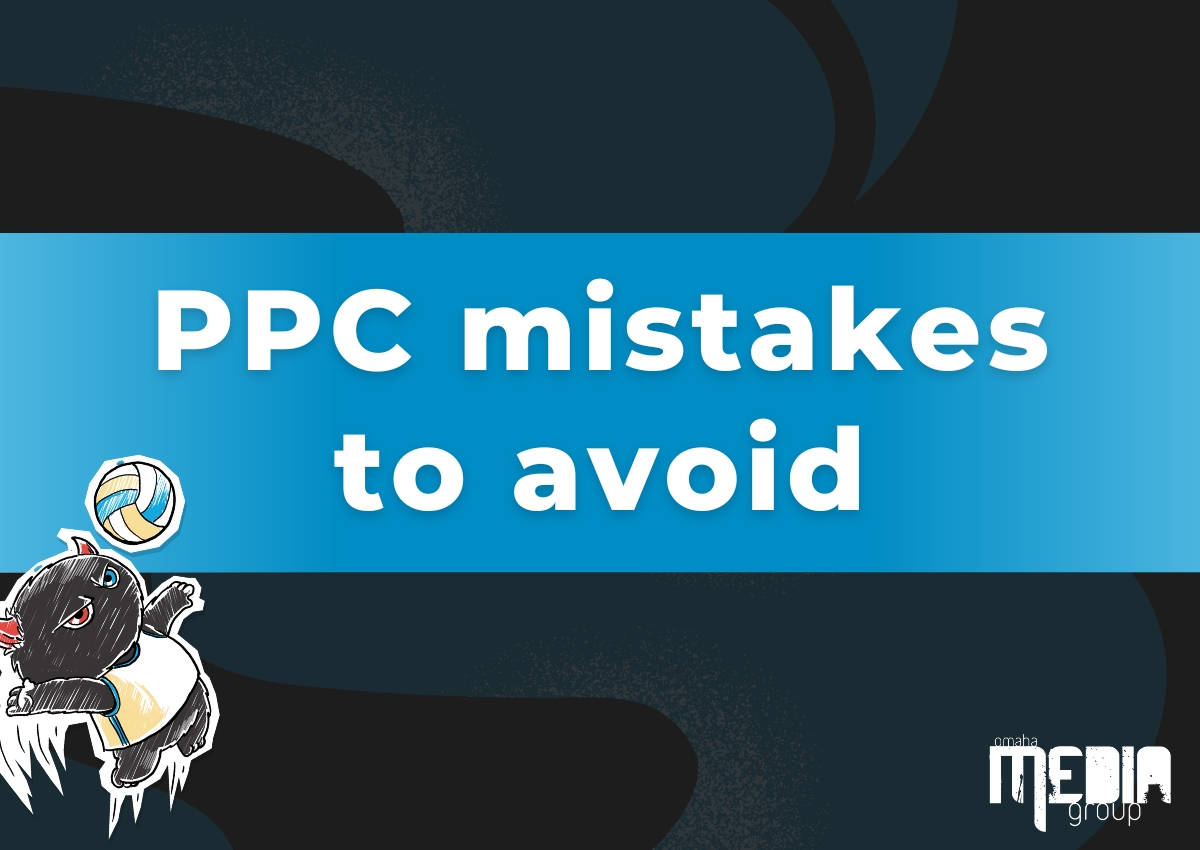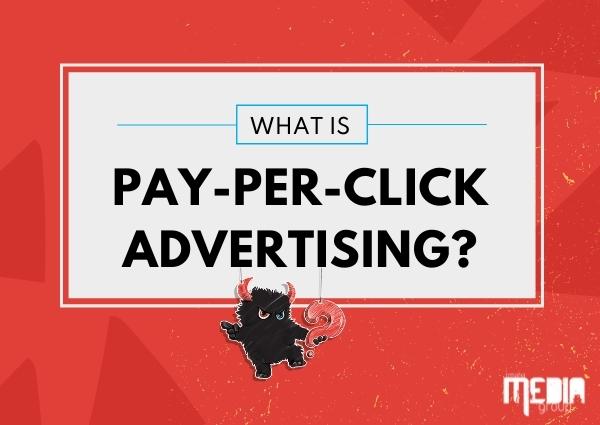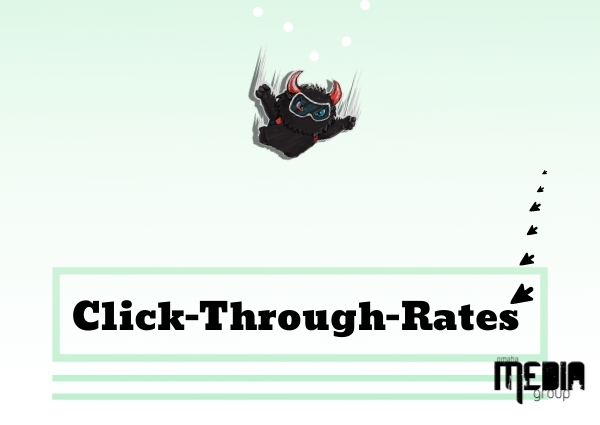 https://www.omahamediagroup.com/images/uploads/monster_gallery/Omaha-Media-Group-Black.jpg
admin
https://www.omahamediagroup.com/images/uploads/monster_gallery/Omaha-Media-Group-Black.jpg
admin
Keyword research: Which keywords should you use for PPC ads?

While COVID-19 has changed how companies are advertising on GoogleAds and other search engines, this does not mean that Pay per click (PPC) ads are no longer a great option for advertising. While insights and recent studies have shown that overall PPC ads conversion rates are down, searches are at an all time high.
A smaller to medium sized company can also take advantage of larger companies and corporations who normally dominate their industry’s PPC advertising spots and finally get those top first three advertising spots on Google itself.
The biggest notion to remember, and especially right now in the SEO/SEM industry, is to make sure no keywords or advertisements are misleading in the slightest bit. As Google continues to optimize its search engine during this global pandemic, it is obvious that companies who are trying to garner more sales and leads based on consumer’s fears are finding themselves in a GoogleAds timeout.
This only means that PPC management Omaha experts are needed more than ever because while a keyword might seem like the best option, the search results could be different than one would expect. Which in return depending on the keyword, would lead to misleading advertising and could hurt a company in the long run.
Here is why keyword research is so important for PPC ads now and in the future.
Understand search intent
The thing is- we are all consumers. No matter if you are a business owner, marketer, SEO, PPC management Omaha expert or Warren Buffett, we are all consumers with an intention. Whether that be to learn more about a product and/or service or simply purchase toilet paper off Amazon for the 10th time this year, there is always an intention behind each and every transaction or blog post that we read about.
There are three different types of intentions that are most commonly found in the search engine marketing world. There is informational, transactional and navigational.
Informational search queries are exactly what they sound like. The searcher is trying to learn more about a product and/ or service or learn more about a specific topic. A great example of this is this exact blog post. For an entrepreneur, entry-level marketer or even a business owner, this blog could be the exact information they have been searching for regarding keyword research and their PPC ads.
For the entrepreneur, it could be regarding how exactly his or her PPC ads are showing based on the keywords his or her agency has chosen. On the other hand, an entry-level marketer could be tasked with learning or starting their company’s PPC ads strategy and getting it off the ground. And for the business owner, this blog could be able to DIY their own PPC ads. (We do not recommend that, but hey, sometimes it happens!)
The moral of those examples is that each different searcher has the intention of learning more information regarding this specific topic.
Transactional search queries is when the searcher is looking to purchase a product and/or service. This is when the searcher has either done their research already or simply just ready to purchase the product. More than likely, this user has already done their preliminary search and narrowed it down to a couple of different options.
Navigational search queries are one of the easiest to understand just because the search query only deals with a user getting to a destination. While it is important to understand that this can help with transactional searches (which means you need local SEO), navigational typically means the user has their destination in mind already, but it could change depending on the search results! You just never know.
Could these searchers sometimes intersect with one another and a search intention have one or two of these factors at play. Absolutely, but for the most part, these three are the basics of the search intentions.
So, why does this really matter? This is because it is important to pick keywords with an understanding of what intentions will bring consumers to the website. A keyword regarding navigational might not make sense if a consumer is ready to purchase a product.
It's the backbone of the ad
Without keywords, a PPC ad really is not even a PPC ad. Keywords and their research for each advertisement are so important because they are how users are going to find the advertisement itself. While everyone wants to use a high volume, popular keywords for their ads, this might not always be the best option for your company. This is because most of the time your company ends up paying more per click due to the keywords popularity. On the other hand, your advertisement can be denied because larger companies with a longer GoogleAds history will get those keywords instead.
Our company recommends a number of keywords that come from those high volume, popular keywords. These can be related or relevant keywords and less popular, low volume keywords.
This is because a company with a smaller budget can spend less money on their clicks while getting more qualified clicks at the same time. With higher volume keywords, the range of related and relevant ones are very broad and general, which means, some different search queries could skew the results a bit.
Which ones should you use?
Ultimately, it is important to use a range of relevant keywords to your PPC advertisement. If a company has a larger budget, it might be better to utilize those high volume, popular keywords. A company with a smaller budget can also implement those keywords, but it could be harder to get your advertisement approved.
As the famous SEO saying goes, “it depends!”
Without a PPC management Omaha expert like Monstrous Media Group to be there for you, it can be easy to overpay for advertisements and not get the ROI or sales that your company was hoping for out of this marketing strategy. For help with PPC ads, keyword research or setting up your account, contact us today!
Hire the team to help you with your website, app, or other marketing needs.
We have a team of digital marketers who can help plan and bring to life all your digital marketing strategies. They can help with social media marketing, email marketing, and digital advertising!
CONTACT US




Comments